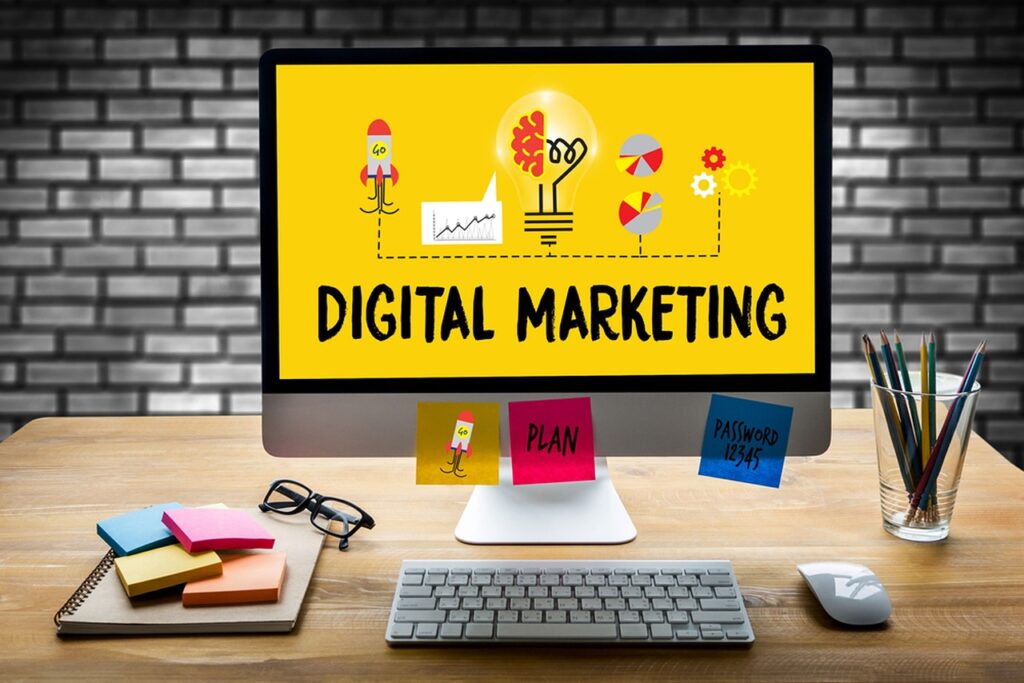Social Media Marketing (SMM) is a digital marketing strategy that involves using social media platforms and networks to promote products, services, brands, or content. The primary goal of social media marketing is to connect with and engage a target audience, build brand awareness, drive website traffic, and ultimately achieve specific business objectives.
Key elements and strategies of social media marketing include:
- Platform Selection: Choosing the right social media platforms to focus on is essential. Different platforms cater to different demographics and interests. Common platforms for SMM include Facebook, Instagram, Twitter, LinkedIn, Pinterest, Snapchat, TikTok, and YouTube, among others.
- Content Creation: Creating engaging and relevant content is a fundamental aspect of social media marketing. Content can take various forms, such as text posts, images, videos, infographics, and more. It should align with the preferences of the target audience and the platform’s format.
- Content Scheduling: Posting content consistently and at optimal times is important for reaching and engaging with your audience. Social media management tools can help schedule posts in advance and monitor engagement metrics.
- Community Engagement: Building and nurturing an online community around your brand is key. Responding to comments, messages, and mentions promptly helps create a sense of connection with your audience. Engaging in conversations and discussions related to your industry can also boost your brand’s visibility.
- Paid Advertising: Most social media platforms offer advertising options to reach a wider audience. These include sponsored posts, display ads, and promoted content. Paid advertising allows for precise targeting based on demographics, interests, and behavior.
- Influencer Marketing: Partnering with influencers or individuals with a significant following in your niche can help amplify your brand’s message and reach a broader audience. Influencers can create content or promote products/services to their followers.
- Analytics and Insights: Social media platforms provide analytics tools that offer valuable insights into the performance of your posts and campaigns. These metrics include engagement rates, reach, click-through rates, and conversion tracking. Analyzing these data points helps refine your strategy.
- Hashtags: Proper use of hashtags can increase the discoverability of your content on platforms like Instagram and Twitter. Research relevant and trending hashtags to use in your posts.
- Contests and Giveaways: Running contests and giveaways can help boost engagement and grow your follower base. These campaigns encourage users to interact with your brand and share your content.
- Social Media Trends: Staying informed about social media trends and updates is essential to keep your strategy current and effective. Platforms evolve, and user behavior changes, so adaptability is crucial.
- User-Generated Content (UGC): Encourage your audience to create and share content related to your brand. UGC not only builds trust but also provides authentic content that can be leveraged in your marketing efforts.
Social media marketing is highly dynamic and requires continuous monitoring, adaptation, and creativity. Effective SMM can help businesses of all sizes connect with their target audience, build brand loyalty, and achieve their marketing and business goals in the digital age.







